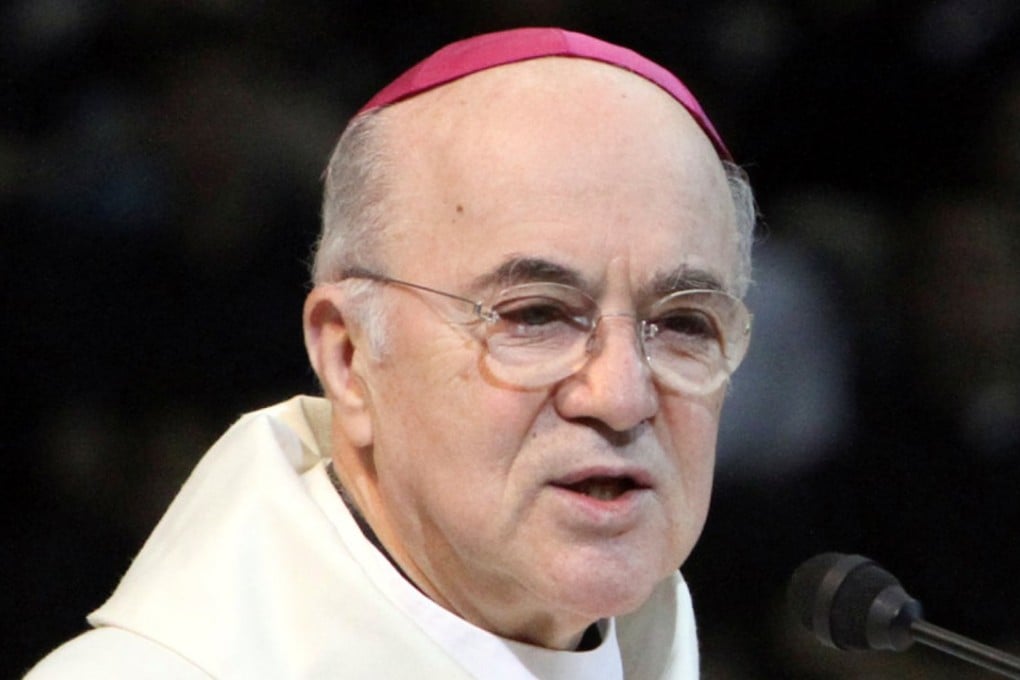Quick Take | What dissent from Hong Kong and the US means for a liberalising Pope
Given the Byzantine nature of Vatican politics, the knives are out for the Holy See as he tries to make changes to an old and entrenched institution

At least Cardinal Joseph Zen Ze-kiun of Hong Kong only accused those around the Pope of being evil for attempting rapprochement with communist China, not Francis himself.
Archbishop Carlo Maria Viganò, former apostolic nuncio or ambassador to the United States, has gone as far as claiming the pontiff himself was involved in covering up sexual abuse within the church in the United States.
While the two churchmen do not remotely enjoy the respect and popularity of their ultimate boss, they nevertheless represent substantial conservative forces within the Catholic Church opposing the liberalising Pope. The open schisms, criticisms and accusations are significant signs that the papal agenda of reform is in serious trouble.
Trying to come clean on sex abuse and paedophilia among Catholic priests on five continents over decades and seeking to improve relations with Beijing are two of the thorniest aspects of reform that the Pope has been trying to effect.
But there is never a more dangerous moment than when an old and entrenched institution tries to reform itself and join the modern world. No one should be surprised that the knives are out for the Holy See, given the Byzantine nature of Vatican politics.
Viganò may be an arch-conservative from another era, but the 7,000-word letter he dropped like a bombshell on the last day of Francis’ visit to Ireland has all the hallmarks of sabotage in the age of fake news and WikiLeaks.
